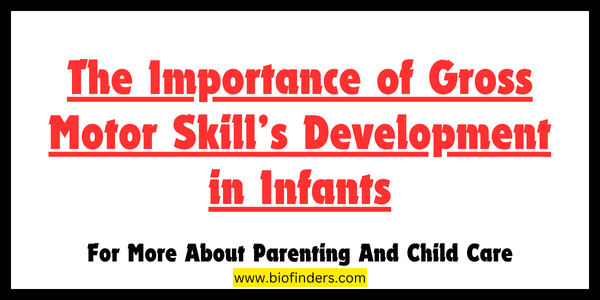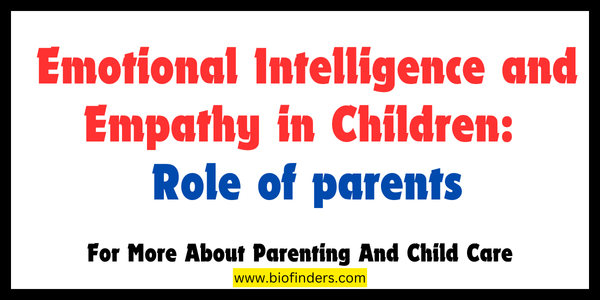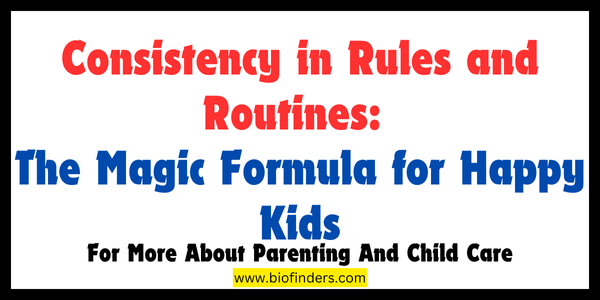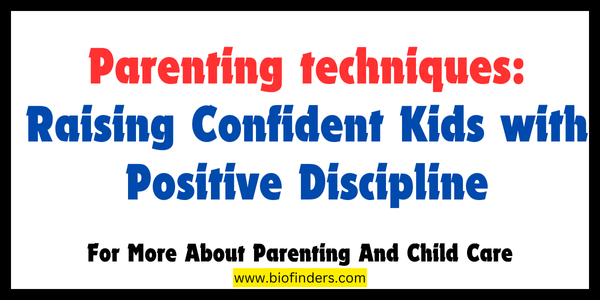As parents and caregivers, witnessing your infant’s first wobbly steps. These early movements form the foundation for what’s known as gross motor skills, which involve the use of large muscle groups for activities like rolling, crawling, walking, and jumping.
In this blog, we’ll delve into the importance of gross motor skills development in infants, explore age-appropriate milestones, and provide engaging activities to nurture these essential skills in your little one.
What are Gross Motor Skills?
Gross motor skills encompass a wide range of movements that utilize large muscle groups in the arms, legs, torso, and head. These skills progressively develop over the first few years of life, allowing your infant to explore their world and become increasingly independent.
Why is Gross Motor Skill Development Important?
Here’s a glimpse into the numerous benefits of nurturing gross motor skills in your infant:
- Physical Development: Gross motor activities strengthen muscles and bones, improve balance and coordination, and enhance overall fitness.
- Cognitive Development: Movement stimulates brain development, fostering spatial awareness, problem-solving skills, and sensory processing.
- Social and Emotional Development: Through active play, infants interact with others, build confidence, and develop a sense of self-efficacy.
- Language Development: Gross motor skills create opportunities for communication and interaction, laying the groundwork for language skills.
- Preparation for Fine Motor Skills: Strong core muscles and coordination developed through gross motor activities provide a foundation for finer movements like grasping and writing.
Gross Motor Skill Milestones: A Guide for Parents
Every baby develops at their own pace, but having a general understanding of typical milestones can be helpful. Here’s a breakdown of some key gross motor skills development stages in infants:
- Newborn (0-3 months): Develops head control, starts reaching for objects and bringing hands to midline.
- 2-4 months: Pushes up on arms when placed on tummy, rolls from tummy to back.
- 4-6 months: Rolls from back to tummy, rocks back and forth when on hands and knees.
- 6-8 months: Sits with support, begins to crawl.
- 8-10 months: Pulls to stand, cruises along furniture.
- 10-12 months: Stands alone, takes first steps with support.
- 12-18 months: Walks independently, climbs stairs with help.
- 18-24 months: Runs, throws a ball, climbs stairs without help.
Engaging Activities to Nurture Gross Motor Skills
Here are some fun and stimulating activities to encourage your baby’s gross motor development at different stages:
Newborn to 3 Months:
- Tummy time: This simple yet crucial activity strengthens neck and back muscles, preparing for rolling and crawling. Place your baby on their tummy for short periods throughout the day while supervising closely.
- Gentle stretches and movements: Gently move your baby’s arms and legs in a full range of motion, mimicking crawling and reaching movements.
- Reaching for toys: Place brightly colored toys just out of reach to encourage reaching and grasping.
- Dancing and swaying: Hold your baby close and sway to music, encouraging them to move their body to the rhythm.
4 to 6 Months:
- Mirror play: Place an unbreakable mirror on the floor and encourage your baby to reach for their reflection, strengthening core muscles.
- Tummy time with toys: Place colorful toys just out of reach to motivate your baby to push up on their arms and reach.
- Rolling games: Encourage rolling by placing enticing toys on either side of your baby, motivating them to roll to reach them.
- Leg lifts and bicycle motions: Gently hold your baby’s ankles and move their legs in a bicycling motion, mimicking the crawling motion.
6 to 12 Months:
- Crawling obstacle courses: Create safe obstacle courses using pillows, blankets, and boxes to encourage crawling and exploration.
- Peek-a-boo: This classic game encourages reaching and crawling towards the hidden object (you!).
- Climbing toys: Provide safe climbing structures like soft play areas or sturdy climbing gyms for exploration.
- Pushing and pulling toys: Encourage your baby to push and pull toys like wagons or ride-on toys to strengthen leg muscles.
12 Months and Beyond:
- Walking games: Play follow-the-leader, chase bubbles, or create fun walking paths with blankets and pillows to encourage independent walking.
- Climbing stairs:
- With close supervision, allow your baby to practice climbing stairs one step at a time, holding onto a railing for support.
- Ball games: Introduce simple ball games like rolling a ball back and forth or tossing a soft ball into a laundry basket to develop coordination and throwing skills.
- Dancing and active music: Play upbeat music and encourage your baby to move their body freely, jump, and twirl.
- Outdoor play: Provide ample opportunities for outdoor play in safe spaces like parks or backyards. This allows for exploration, running, climbing, and interaction with the environment.
- Beyond Activities: Creating a Supportive Environment
- While engaging activities are essential, fostering a supportive environment is equally important for optimal gross motor development. Here are some tips:
- Limit time in restrictive devices: Avoid using infant carriers, swings, or bouncy chairs for extended periods. These can restrict movement and hinder development.
- Provide safe floor space: Ensure your baby has plenty of safe, clutter-free floor space to practice rolling, crawling, and exploring.
- Dress for movement: Choose comfortable clothing that allows for easy movement and exploration.
- Offer encouragement and praise: Celebrate your baby’s efforts, big or small. Their determination to move and explore is key to development.
- When to Seek Professional Help
- If you have concerns about your baby’s gross motor development, it’s important to consult with your pediatrician. They can assess your baby’s progress, address any underlying issues, and recommend appropriate interventions if needed.
- Remember: Every baby develops at their own pace. However, by understanding the importance of gross motor skills, providing stimulating activities, and fostering a supportive environment, you can help your little one reach their full potential and become a confident explorer of their world.
- Final Thoughts:
- Raising an infant is a journey filled with wonder and milestones. By nurturing your baby’s gross motor skills, you’re not just encouraging adorable wobbles and wiggles; you’re laying the foundation for a healthy, confident, and independent future for your little one






Leave a Reply